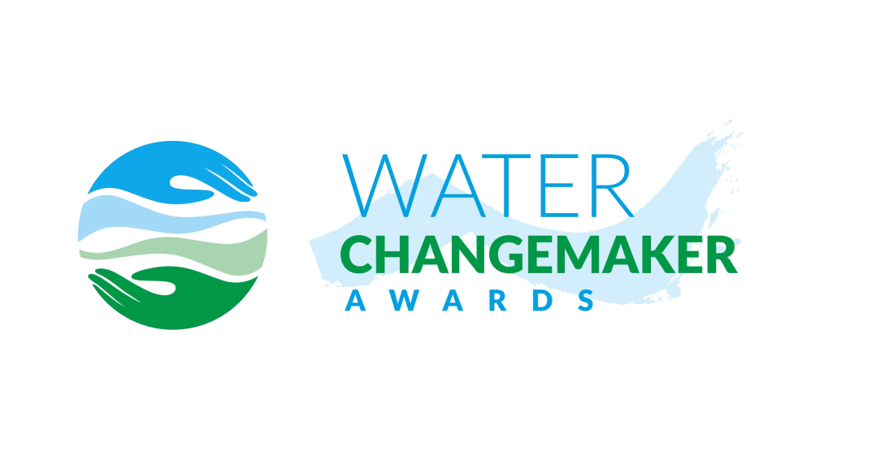
Water governance and territorial economic development in the lower sub-basins of the Goascorán and Nacaome rivers
THIS IS A TRANSLATION - THE STORY WAS SUBMITTED IN SPANISH
Please briefly describe your Water ChangeMaker journey
The issue is production without mitigation measures and irrational use of water resources. This is due to a lack of knowledge on the effects of climate change, resulting in unsustainable agriculture and poor organisation and inclusion of water governance in the farming associations and micro, small, and medium enterprises (MSMEs) of the basins concerned. The Municipal Environmental Units’ (MEUs) reluctance to implement new practices and their lack of interest in being involved were barriers in the process, as was large companies’ poor understanding of the damage caused to MSMEs that share and protect the common water resources. Farming association partners, MSMEs from the two countries, large production companies, and the local authorities all contribute towards the problem. This has impacted farmers and relations between the two countries. This initiative benefited two farming associations and the beneficiaries of the micro-basins of the Goascorán and Nacaome rivers. It is worth mentioning that a transboundary economic development centre focusing on basin protection and rational water use within the framework of the strategic territorial development plan for the Goascorán cross-border river basin was set up. This has initiated reconciliation between sectors in the two countries (El Salvador and Honduras) with joint efforts by institutions linked to the centre for joint initiatives to protect the basin.
Please describe the change that your initiative created and how was it achieved
a) Multiple sectors in the two micro-basins (Tamarindo/Nacaome and Los Amates, Goascorán) were brought together and educated by the Fundación Agencia de Desarrollo Económico del Departamento de Valle (Fundación ADED Valle; Foundation for the Economic Development of the Department of Valle) in coordination with the Nacaome and Goascorán river basin council.
b) Small producers' associations were trained with economic and technical support from the large company. They also received support from the authorities through the MEUs.
c) A cross-border economic development centre was formed (between El Salvador and Honduras) to develop common actions that will benefit both countries within the framework of co-management of the shared water resources.
d) The cross-border alliance between Fundación ADED Valle in Honduras and the Asociación de Desarrollo Económico Local de Morazán (ADEL Morazán; Economic Development Association of Morazán) in El Salvador was an opportunity to share experiences in the implementation of intelligent technologies to combat climate change, such as the production of vegetables in greenhouses and on small areas of land and water rationing through reuse. This has led to interest in self-sustaining production and intelligent technologies among farming associations, as well as interest in working together to raise profits and production performance.
How did your initiative help build resilience to climate change?
- Positive changes in leaders of farming associations.
- Production planning using intelligent technologies in the face of climate change.
- Rational use of water resources on their land.
- Joint actions between the two countries for the conservation of shared water resources.
What water-related decisions did your initiative influence or improve?
- Change in local leaders’ abilities.
- Support for the implementation of ordinances proposed by the river basin councils.
- Support from the authorities to improve access to productive plots.
- Involvement of the academy in guiding small producers to implement good practices in their productive plots.
What were some of the challenges faced and how were they overcome?
In the El Tamarindo micro-basin of the Nacaome river, we set ourselves three challenges:
- Involving the large company in the integration of the council and achieving more than what was proposed since it made an economic contribution to enable small producers to reforest the micro-basin.
- Involving local authorities in the implementation of a municipal ordinance in the area on the slashing and burning of the forest in the micro-basins’ territory.
- In the Los Amates micro-basin of the Goascorán river:- involving local authorities in the implementation of a municipal ordinance in the area on the slashing and burning of the forest in the micro-basins’ territory
- forming the cross-border economic development centre, despite not having the same legal framework on water.
In your view: Will the change that was created by your initiative continue?
If the change were to continue, it would be because the ADELs are local organisations that bring together public and private sectors involved in the processes. In addition, processes developed by Fundación ADED Valle are constantly monitored to ensure their sustainability. We are continuing to create connections and alliances with counterparts in the neighbouring country to continue exchanges within the framework of signed agreements, as well as to form bodies of technical teams to formulate and continue proposing initiatives that benefit the two countries.
What did you learn during the initiative or after? And is it possible that others could learn from you?
We learned that new technologies and social networks have a negative influence, as they create a divide between large and small enterprises, but also that common resources such as water can unite them through the orderly processes of water governance.
Another lesson we learned is that water resources are borderless and that they can unite people at the local level, even across two countries, and that unfortunately divisions exist among significant leaders rather than among local communities that share cross-border waters. Strategic plans prepared by the International Union for Conservation of Nature and the Swiss Agency for Development and Cooperation, and documentation created by ADELs and the Women's Enterprise Service Centres were used throughout the process.
